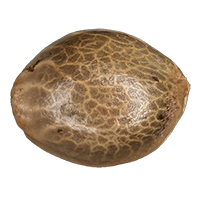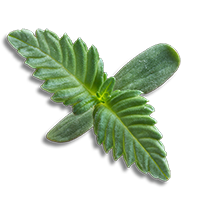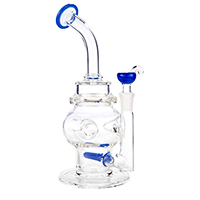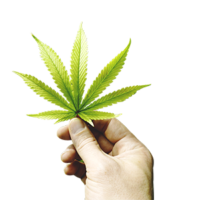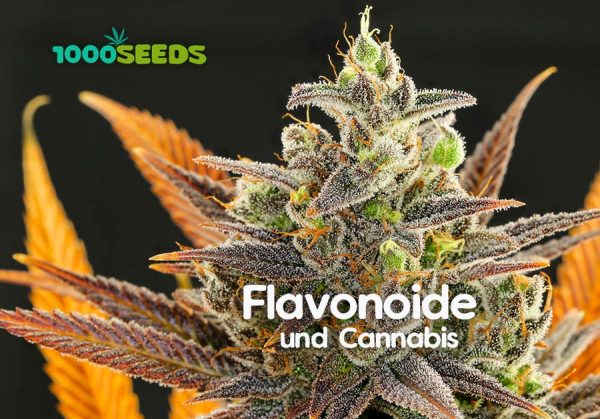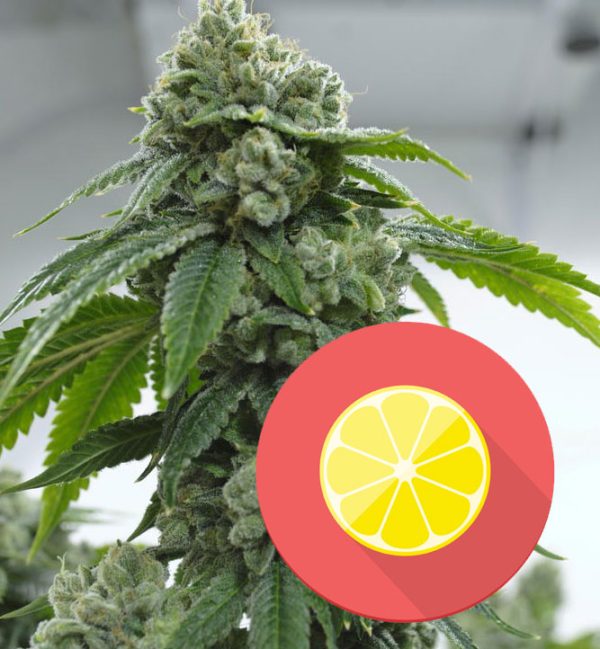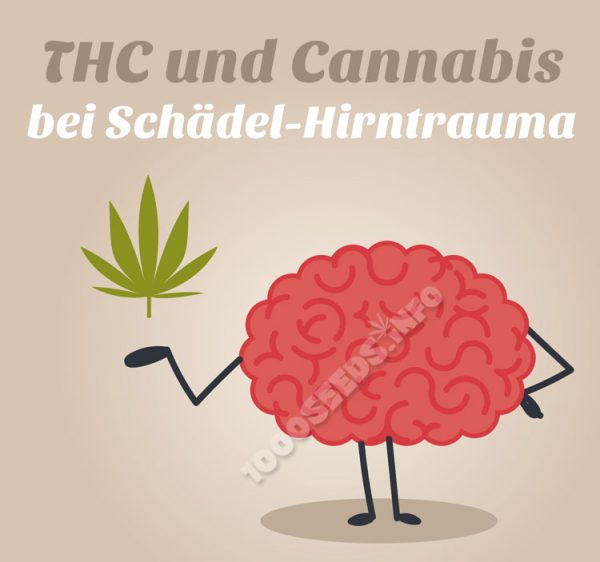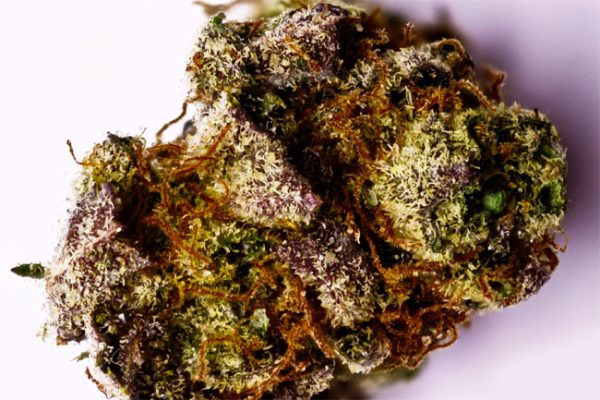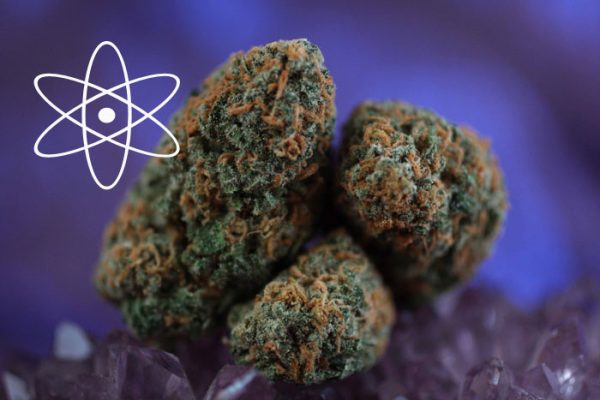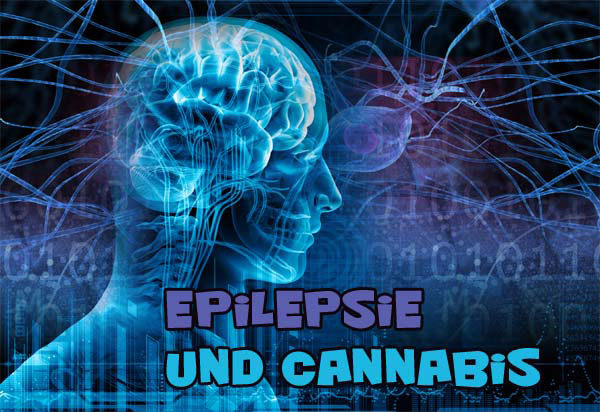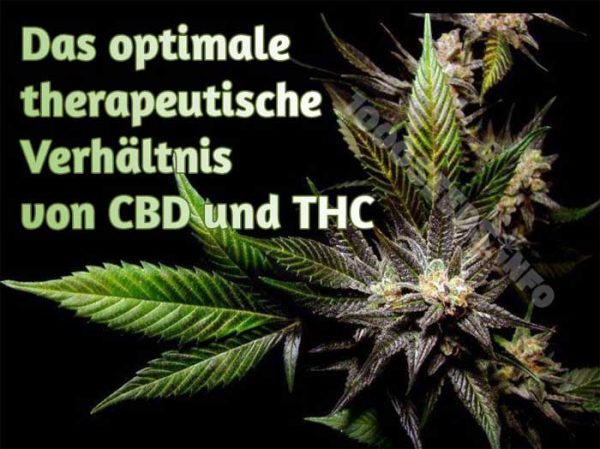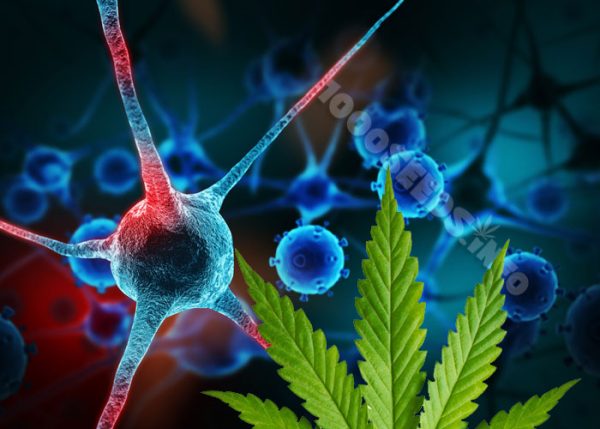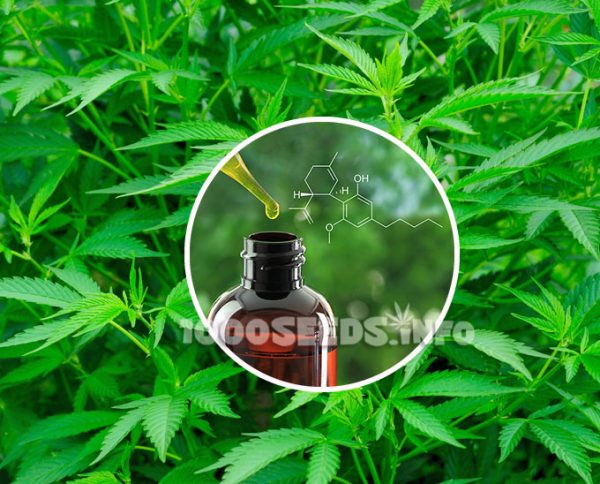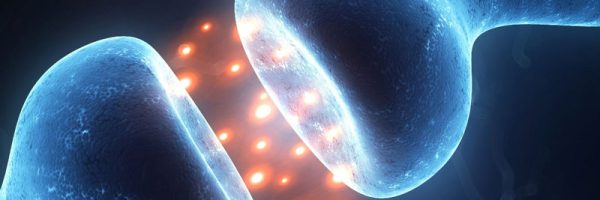THC and its medicinal use
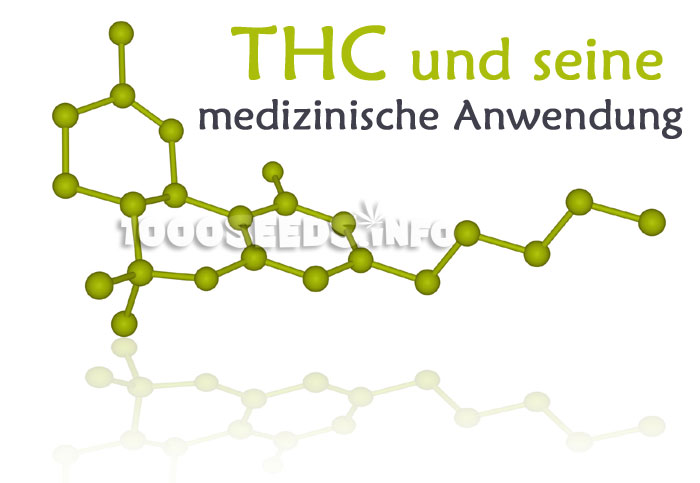
THC is the best known and most abundant cannabinoid in cannabis. It is now considered to have a wide range of medicinal benefits. THC is most associated with the high and euphoria it produces, and is valued by many for this reason. It has strong psychoactive effects and depending on the strain, a plant can produce a THC content of 5-28%.
Scientific research into THC and its medicinal benefits began decades ago in Israel and has since spread to many countries around the world.
THC was discovered in 1964 and first isolated and synthesised by a researcher named Dr Raphael Mechoulam. Dr Mechoulam noticed that the active components in morphine and cocaine had been isolated, but that no one had isolated the active ingredients of marijuana. He was in a great hurry to conduct his research, so he broke the law and obtained marijuana from friends who worked in the police. Finally, the cannabinoid THC could be isolated by him in 1964 and this was the beginning of all cannabis research. The discovery of THC paved the way for later research with cannabis and its components.
What does THC (tetrahydrocannabinol) mean?
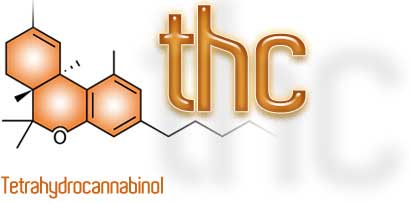 THC as a psychoactive cannabinoid in cannabis had been the focus of breeders worldwide for years. The main aim was to breed varieties that could deliver a particularly high THC content.
THC as a psychoactive cannabinoid in cannabis had been the focus of breeders worldwide for years. The main aim was to breed varieties that could deliver a particularly high THC content.
Cannabigerolic acid (CBGA) is the precursor of tetrahydrocannabinol (THC), cannabidiol (CBD), and cannabichromes (CBC).
The plant itself first produces cannabigerolic acid (CBGA). A part of these CBGAs is converted into THCA (tetrahydrocannabinolic acid). THCA in turn is transformed into THC under the influence of heat (decarboxylation process) and/or during the drying process. In the flowers, THC is initially present in the form of THCA. THCA is a biosynthetic precursor of THC. Especially during smoking or vaporisation and the associated heat influence, THCA is converted into THC. THCA has no psychoactive effect, but anti-inflammatory and neuroprotective effects.
If in laboratory tests the THC content of marijuana is determined, the amount of THCA present is actually measured and the THC content is calculated from this.
Research has shown that under the influence of heat, only about 70% of the THCA is converted into THC. The rest remains as THCA.
The mode of action of THC
Tetrahydrocannabinol is a phytocannabinoid that activates CB1 and CB2 receptors in the body. CB1 recept ors are usually located in the nervous system and are responsible for the psychoactive effect caused by THC. CB2 recept ors are located in the gastrointestinal system (digestion) and the immune system. They play an important role in reducing inflammation. In the treatment of Crohn's disease, for example, the anti-inflammatory effects of THC are particularly evident. A recent study published by Meir Medical Center and the Sackler Faculty of Medicine found that THC can lead to remission of Crohn's disease. This is a direct result of its interaction with CB2 receptors. THC minimises the inflammation that causes Crohn's disease.
THC also improves the symptoms of Tourette's syndrome and is effective for eating disorders. In relation to the CB1 receptor, a study conducted at the University of Haifa in Israel has shown that THC helps minimise the negative effects of stress.
Activating the CB1 receptors with THC promotes a process in the brain called long-term potentiation. Long-term potentiation is, very briefly, a long-lasting enhancement of synaptic transmission. Due to the effect in the hippocampus, the ability to learn is improved, as well as spatial thinking and memories are better protected.
Application in psychological terms
From a psychological point of view, THC not only protects against stress, but has also been shown to have extremely positive effects in the treatment of post-traumatic stress syndrome (PBS) and phobias. Among other things, it helps sufferers to become calmer, to let go of tension, has a balancing effect and promotes peaceful sleep.
From a research perspective, THC is seen as a regulator for the development of the adult brain (-> neuroplasticity).
THC for eating disorders
THC is successfully used in patients with eating disorders and enhances appetite in patients undergoing chemotherapy. THC regulates appetite mainly because of its effect on the CB1 receptors in the hypothalamus.
THC and heart attack risk
A study in Israel has shown that even incredibly small doses of tetrahydrocannabinol can help reduce the risk of a heart attack. The same study found that a small dose of THC is a useful preparation for heart surgery. It minimises the amount of permanent damage to heart tissue after surgery.
THC as an active painkiller
The pain-relieving effects of THC have already been proven many times. THC is particularly effective in the treatment of chronic pain and nerve damage. The risk of nerve damage is additionally reduced. Scientists researching this topic consider the pain-regulating effects to be many times stronger than those of aspirin, for example.
A recent study on the topic from January 2014 at the University of Glasgow in the UK was published in the European Journal: The study states that the THC in marijuana (and also the CBD) reduces neuropathic pain. A high proportion of treatment-resistant patients were able to achieve clinically important improvements in pain and sleep quality by taking THC and CBD.
anti-depressive effects
THC has been shown to have anti-depressant effects and to help prevent and eliminate sleep disorders.
THC + CBD and breast cancer
Studies have shown that THC in combination with CBD can suppress cancer cell growth in breast cancer and brain tumours when both cannabinoids were injected into the tumour or patients were otherwise treated with the cannabinides.
The medical effects of THC at a glance:
- anti-inflammatory
- anti-asthmatic effect
- anti-depressive effect
- antispasmodic
- analgesic
- antibacterial
- Reduces cancer cell growth in some cancers
- neuroprotective
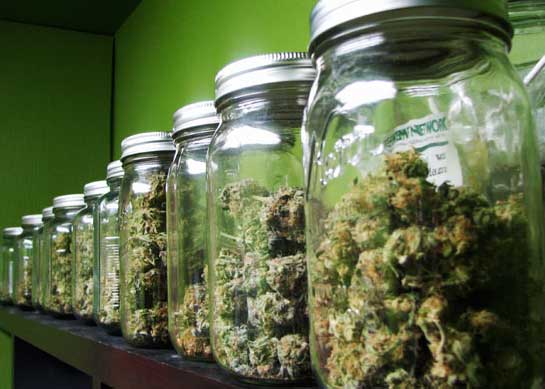
Various studies worldwide have specifically shown the medical benefits of THC for the following conditions:
- chronic pains
- Stress
- Nerve damage
- Inflammations
- Eating disorders
- Glaucoma
- Nausea
- Loss of appetite
- Muscle spasms
- Asthma
- Sleep disorders
- Unrest
- Arthritis
- Epilepsy
- MS
- Alzheimer's
- Tourette's syndrome
In the medicinal field, a balanced cannabinoid profile in a plant seems to be particularly ideal. New insights into the possible applications and backgrounds of THC and other cannabinoids are constantly being gained.
Cannabis strains with a high THC content:
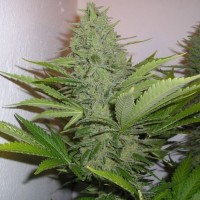
- Big Juana from Cannamed (28%THC)
- Y Griega by Medical Seeds (27% THC)
- Kosher Kush by DNA Genetics (25% THC)
- Pineapple Chunk by Barney's Farm (25% THC)
- Alpha Kush by Cannamed (24% THC)
- AK-47 by Serious Seeds (24% THC)
- Tangie by Reserva Privada (26% THC)
- Liberty Haze by Barney's Farm (25% THC)
- .....other THC-rich cannabis strains


